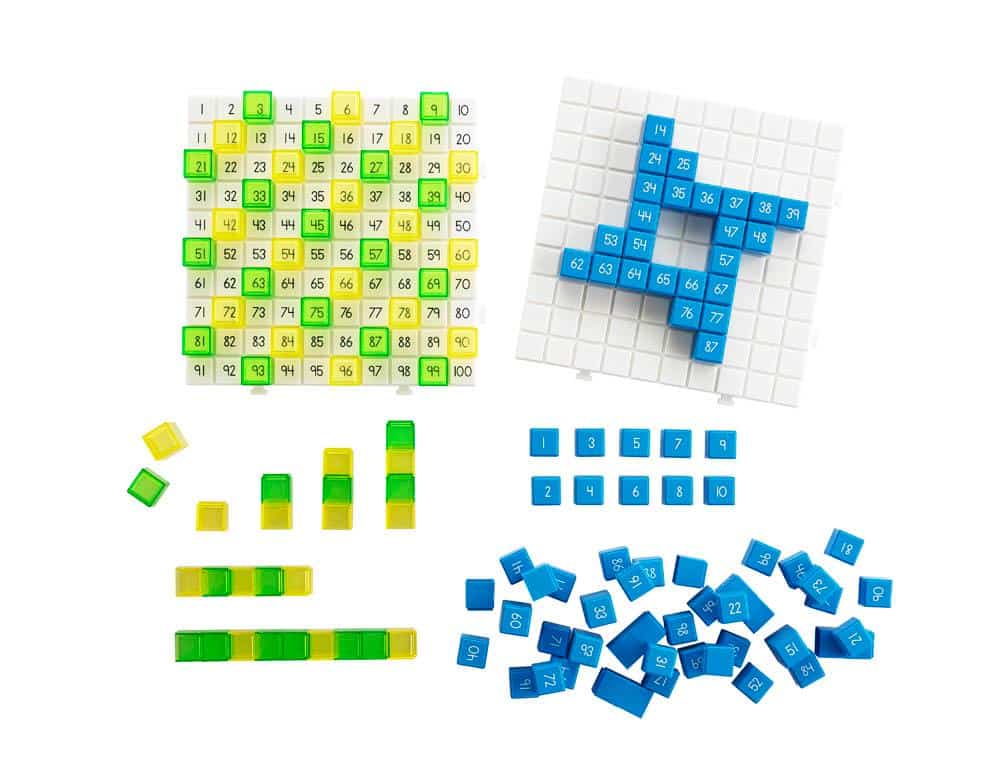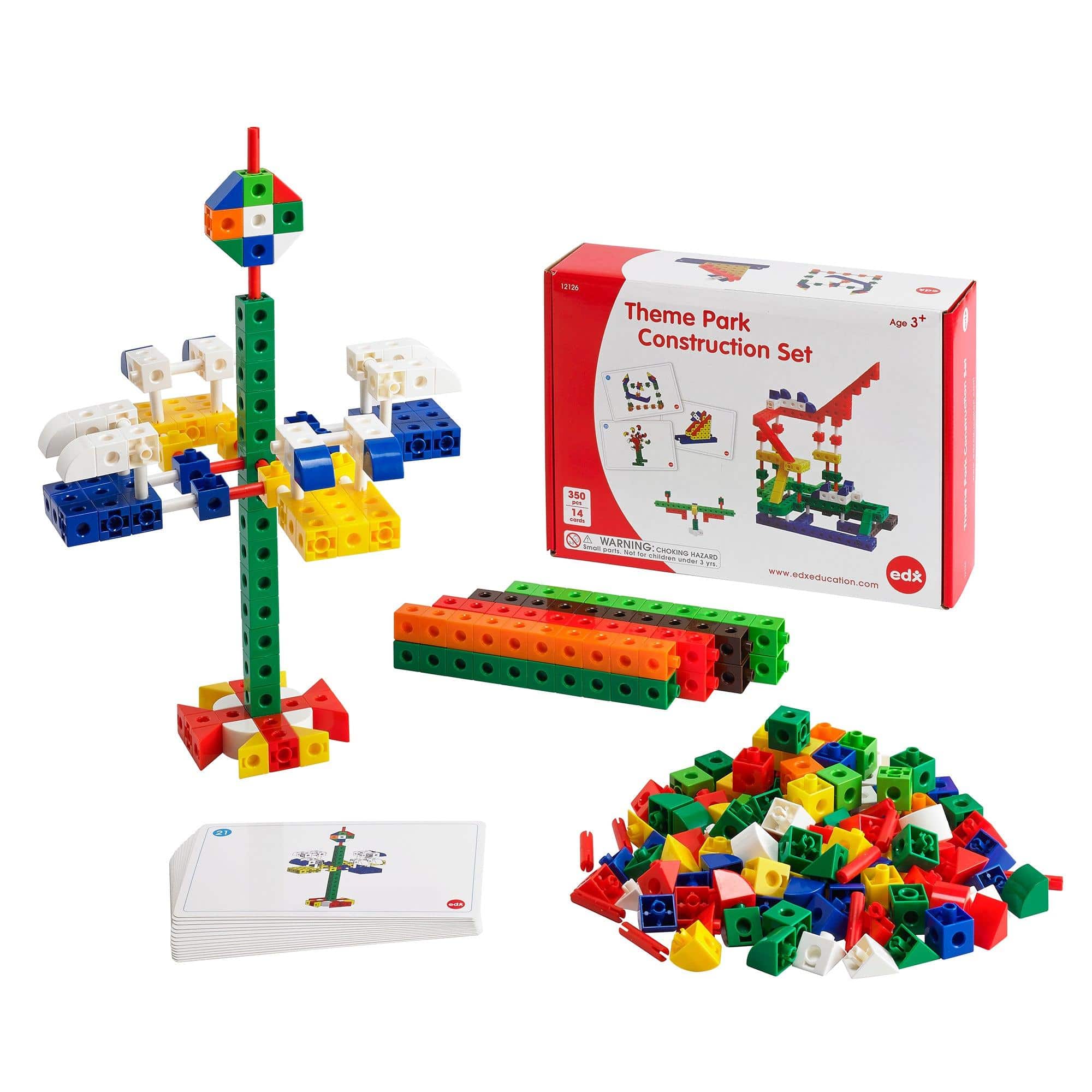The Connection Between Toys and Cognitive Development
Introduction
The role of toys in a child’s development is often underestimated. Not only do toys provide entertainment, but they also play a crucial role in fostering cognitive development. From simple building blocks to complex puzzles, the toys children play with have a profound impact on their cognitive abilities.
The Impact of Toys on Cognitive Development
Research has shown that playing with appropriate toys can significantly enhance cognitive skills in children. Here are some key features and benefits of toys that promote cognitive development:
1. Problem-Solving Skills
Many toys encourage children to think critically and find creative solutions to problems. Puzzles, for example, require kids to analyze and manipulate different pieces to fit together. This process enhances their problem-solving skills and improves their ability to think logically.
2. Memory and Concentration
- Memory Games: Toys that involve memory games, such as matching cards or picture sequencing, help children improve their memory skills. They enhance their ability to remember patterns, sequences, and associations.
- Focus and Concentration: Toys that require sustained focus and concentration, like intricate building sets or strategy games, can help children develop longer attention spans. These toys encourage children to pay attention to details and think critically before taking action.
3. Language Development
Toys that promote language development can have a significant impact on a child’s cognitive growth. Here are some features to look for:
- Interactive Language Toys: Toys that prompt children to respond or interact with recorded sounds, songs, or letters help develop language skills. Examples include talking books, alphabet toys, or language learning games.
- Building Vocabulary: Toys that introduce new words, concepts, and stories encourage children to expand their vocabulary. This not only enhances their cognitive abilities but also helps with their overall communication skills.
4. Spatial Awareness and Problem Solving
Certain toys can improve a child’s spatial awareness and problem-solving abilities:
- Building and Construction Toys: Building blocks, Lego sets, and similar toys help children understand spatial relations and develop problem-solving skills. They learn to build structures and solve construction challenges, which enhance their cognitive abilities.
- Mazes and Puzzles: These toys require children to find the correct path or solve complex puzzles. They improve spatial reasoning, logical thinking, and problem-solving skills.
5. Motor Skills and Hand-Eye Coordination
Toys that involve fine motor skills help children develop hand-eye coordination and improve their dexterity:
- Manipulative Toys: Construction sets, shape sorters, and activity boards allow children to manipulate objects with their hands, improving their fine motor skills and hand-eye coordination.
- Artistic Toys: Drawing, painting, and sculpting toys enhance creativity while refining motor skills. They require precise hand movements and coordination, which are essential for cognitive development.
Conclusion
Toys play a vital role in a child’s cognitive development. By providing opportunities for problem-solving, enhancing memory and concentration, promoting language development, improving spatial awareness, and refining motor skills, toys contribute significantly to a child’s cognitive abilities. So, when choosing toys for your child, consider these features and focus on those that can stimulate and challenge their cognitive growth.


